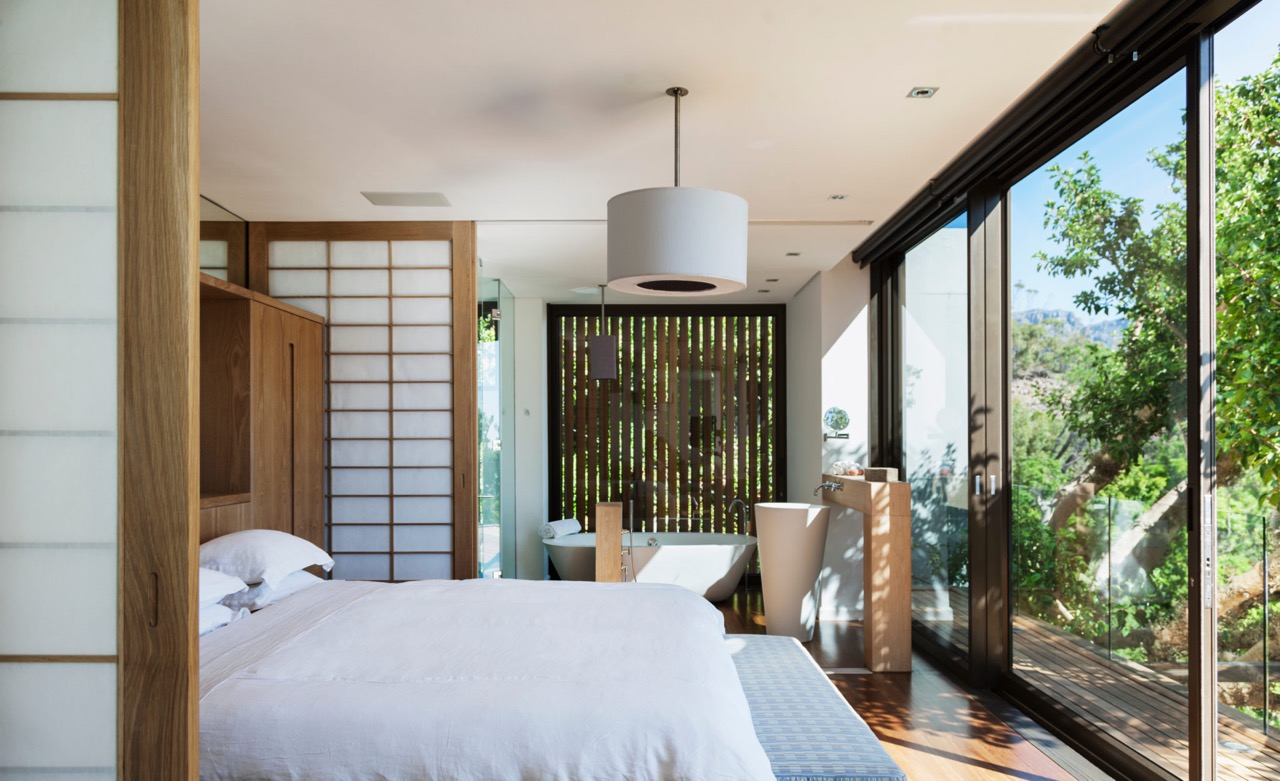

Articles
What Does En Suite Mean?
Modified: January 21, 2024
Discover the meaning of en suite and its significance in this articles. Explore its features, benefits, and design ideas for creating your own en suite bathroom.
(Many of the links in this article redirect to a specific reviewed product. Your purchase of these products through affiliate links helps to generate commission for Storables.com, at no extra cost. Learn more)
Introduction
An en suite is a term commonly used in the world of interior design and home architecture. If you’ve ever come across this term while browsing real estate listings or discussing home renovations, you may have wondered, “What does en suite mean?” Well, you’re in the right place to find out.
En suite is a French phrase that translates to “in sequence” or “in continuity.” In the context of home design, it refers to a private bathroom that is directly connected to and accessed exclusively from a bedroom or other designated space. Unlike a shared or common bathroom, an en suite is typically attached to a specific room, offering enhanced convenience and privacy for the occupants.
The concept of en suite bathrooms has become increasingly popular in modern home design, with homeowners recognizing the numerous benefits they offer. From improved functionality and increased property value to added luxury and comfort, en suites have become a sought-after feature in today’s homes.
In this article, we will delve into the definition, origin, features, design considerations, and various types of en suites. We will also explore the benefits, applications, and maintenance of en suite bathrooms. Whether you’re planning a home renovation or simply curious about the world of interior design, this article will provide you with a comprehensive overview of what en suite means and why it holds such significance in modern home architecture.
Key Takeaways:
- En suite bathrooms provide enhanced privacy, convenience, and value to modern homes. From master bedroom retreats to guest accommodations, en suites offer customizable luxury and functionality, catering to diverse lifestyles and needs.
- When considering an en suite installation, budgeting for design, plumbing, fixtures, and professional services is crucial. Proper maintenance and cleaning ensure a hygienic and visually appealing space, prolonging the lifespan of the en suite.
Definition of En Suite
The term “en suite” refers to a private bathroom that is directly connected to and accessed exclusively from a bedroom or other designated space. This means that only the occupants of that specific room have access to the en suite bathroom, enhancing privacy and convenience.
An en suite bathroom typically contains all the essential fixtures and amenities found in a regular bathroom, such as a toilet, sink, and shower. However, the design and layout of an en suite can vary depending on the size and style of the room it is attached to.
En suite bathrooms are often considered a luxury feature in homes, offering a convenient and private space for residents to refresh and rejuvenate. Having a dedicated bathroom for a bedroom eliminates the need to share facilities with other occupants, making it an attractive option for bedrooms that are primarily used by one or two individuals.
Not only does an en suite provide a sense of exclusivity and privacy, but it also adds value to a property. Having multiple en suite bathrooms in a home is often seen as a desirable feature by potential buyers, as it allows for more convenience and flexibility in daily routines.
In summary, the key elements that define an en suite bathroom are its direct connection to a bedroom or designated space, its exclusive access for the occupants of that room, and its inclusion of essential bathroom fixtures and amenities. These features combine to create a private and personalized bathroom experience within the confines of a specific room.
Origin and History of En Suite
The concept of en suite bathrooms can be traced back to ancient civilizations, where having a private bathing space was considered a luxury. In ancient Rome, wealthy homeowners often had individual bathing chambers connected to their bedrooms, complete with elaborate mosaic floors, marble walls, and even underfloor heating systems.
During the medieval period, communal bathing areas were common, and privacy was not a priority. It wasn’t until the Renaissance era that private chambers with attached bathrooms began to emerge, primarily in royal residences and wealthy estates. These early en suite bathrooms featured luxurious fixtures and materials, showcasing the opulence and status of the homeowners.
In the 18th and 19th centuries, en suite bathrooms became more widespread among the upper class, particularly in grand mansions and palaces. The Victorian era, in particular, was influential in popularizing the concept of private bathrooms within bedrooms. The design and decoration of these en suite bathrooms during this period were often ornate and extravagant, showcasing rich colors, intricate tilework, and stylish fittings.
As plumbing technology advanced, en suite bathrooms became more accessible to the middle class in the early 20th century. The introduction of indoor plumbing and the availability of bathroom fixtures made it easier and more affordable to incorporate private bathrooms into bedroom designs. However, en suites were still considered a luxury and remained primarily reserved for larger homes or more affluent individuals.
In recent decades, en suite bathrooms have become increasingly popular and are now a common feature in modern home design. Advances in construction techniques, plumbing systems, and interior design have made it easier to create en suite bathrooms in various types of dwellings, including apartments, townhouses, and suburban homes. Today, en suites come in a range of styles and sizes, accommodating different design preferences and budgets.
The evolution of en suite bathrooms throughout history reflects changing attitudes towards privacy, convenience, and comfort in domestic spaces. What was once a symbol of wealth and extravagance has now become a desirable feature that adds value and functionality to a home.
Features and Characteristics of En Suite
En suite bathrooms offer a range of features and characteristics that make them distinct from other types of bathrooms in a home. These features not only contribute to the convenience and functionality of the space but also enhance the overall aesthetic appeal of the bedroom and the entire home.
Here are some key features and characteristics commonly found in en suite bathrooms:
- Direct Access: One of the defining features of an en suite bathroom is its direct access from the bedroom. This means that occupants can easily transition from their private space to the bathroom without having to leave the room or cross through other areas of the home.
- Privacy: En suites provide a higher level of privacy compared to shared or common bathrooms. Since they are attached to specific bedrooms, only the occupants of those rooms have access to the en suite. This makes them ideal for individuals or couples who value their personal space.
- Convenience: Having a bathroom directly connected to the bedroom offers unparalleled convenience. It eliminates the need to navigate through the home or share facilities with other occupants, saving time and providing a more seamless daily routine.
- Customization: En suite bathrooms can be customized to suit individual preferences and design styles. Homeowners have the freedom to choose fixtures, finishes, and layout options that align with their tastes and create a harmonious flow between the bedroom and the bathroom.
- Enhanced Functionality: En suites can include all the essential fixtures found in a regular bathroom, including a toilet, sink, and shower or bathtub. Some en suites may even incorporate additional luxuries, such as a double vanity, a spa-like soaking tub, or high-end fixtures.
- Design Continuity: En suite bathrooms are designed to seamlessly integrate with the overall aesthetic of the bedroom. This creates a cohesive and harmonious feel throughout the space, enhancing the visual appeal and overall ambiance of the room.
These features and characteristics contribute to the appeal and desirability of en suite bathrooms. They provide homeowners with a private and personalized space that combines convenience, functionality, and aesthetic appeal.
Benefits and Advantages of En Suite
En suite bathrooms offer a range of benefits and advantages that contribute to the overall comfort, convenience, and value of a home. Whether you’re considering a home renovation or looking to buy a new property, understanding the advantages of en suite bathrooms can help you make informed decisions. Here are some key benefits:
- Enhanced Privacy: One of the main advantages of en suite bathrooms is the increased level of privacy they provide. With a bathroom directly connected to your bedroom, you don’t have to worry about sharing facilities with other occupants, allowing for a more secluded and personal experience.
- Convenience and Accessibility: En suite bathrooms offer unparalleled convenience by providing direct access from the bedroom. This eliminates the need to navigate the home to reach a bathroom and saves valuable time, especially during busy mornings or late-night trips to the restroom.
- Personalization and Customization: En suite bathrooms give you the opportunity to personalize and customize the space according to your preferences. From choosing fixtures and finishes that match your style to incorporating additional luxuries like a spa-like shower or a soaking tub, you can create a unique and personalized oasis within your bedroom.
- Adds Value to Your Home: Having an en suite bathroom can significantly increase the value of your property. This is particularly true in the real estate market, where en suites are seen as a desirable feature by potential buyers. The convenience, privacy, and luxury of an en suite can make your home stand out and attract more potential buyers.
- Improved Functionality: En suite bathrooms offer improved functionality by providing a dedicated space for your personal hygiene needs. You don’t have to worry about sharing facilities or coordinating bathroom schedules with other occupants, allowing for a smoother and more efficient daily routine.
- Flexibility in Living Arrangements: En suite bathrooms are particularly beneficial in households with multiple occupants. They offer flexibility in living arrangements by allowing each occupant to have their own private bathroom, reducing conflicts and promoting a harmonious living environment.
Whether you’re a homeowner looking to maximize the comfort and value of your property or a buyer searching for a home that meets your preferences and needs, the advantages of en suite bathrooms make them a valuable addition to any living space.
Read more: What Does “Facade” Mean
Variations and Types of En Suite
En suite bathrooms come in a variety of types and styles, allowing homeowners to choose the design that best suits their needs, preferences, and available space. Whether you’re looking for a sleek and modern en suite or a more traditional and luxurious design, there are several variations to consider. Here are some common types of en suites:
- Master En Suite: This type of en suite is attached to the master bedroom, which is typically the largest and most luxurious bedroom in a home. Master en suites often include additional features such as double vanities, spacious showers, lavish bathtubs, and sometimes even a separate toilet area.
- Family En Suite: Family en suites are designed to accommodate multiple users and are commonly found in homes with shared bedrooms or children’s rooms. These en suites may include features like double sinks, additional storage, and a bathtub or shower combination to meet the needs of a busy family.
- Guest En Suite: Guest en suites are designed specifically for visitors and provide a private bathroom space for guests to use during their stay. These en suites are often smaller in size but still offer all the essential fixtures and amenities for guest convenience and comfort.
- Jack and Jill En Suite: This type of en suite is shared between two adjacent bedrooms, with doors that connect to each room. Jack and Jill en suites often feature two sinks, a shared shower or bathtub, and a separate toilet area, allowing for simultaneous use by the occupants of both bedrooms.
- Compact En Suite: Compact en suites are designed for smaller spaces or for those who prefer a minimalist approach. These bathrooms maximize the available space by incorporating space-saving fixtures, clever storage solutions, and efficient layouts without compromising on functionality or style.
- Suite-Style En Suite: In larger properties or luxury accommodations, en suite bathrooms may be designed to resemble a mini-spa or a lavish private retreat. These suite-style en suites often feature high-end finishes, premium fixtures, luxurious bathtubs, walk-in showers, and ample space for relaxation.
These are just a few examples of the variations and types of en suites. Each type has its own unique features and design considerations, allowing homeowners to create a customized and personalized bathroom experience that perfectly complements their lifestyle and preferences.
En suite refers to a bathroom connected to a bedroom, typically for the exclusive use of the occupants of that bedroom. It is a desirable feature in a home, adding convenience and privacy.
Design Considerations for En Suite
When designing an en suite bathroom, several key considerations should be taken into account to ensure a functional, stylish, and cohesive space that meets your needs and preferences. From the layout and fixtures to the overall aesthetic, here are some essential design considerations for en suite bathrooms:
- Layout: Consider the layout of the en suite to optimize the available space and ensure a logical flow between the different fixtures. The placement of the toilet, sink, shower, and bathtub should be carefully planned to maximize functionality and convenience.
- Lighting: Adequate lighting is crucial in an en suite bathroom. Consider a combination of natural and artificial lighting sources to create a well-lit space. Install task lighting around the vanity and mirror area for practical use and incorporate ambient lighting for a relaxing and inviting atmosphere.
- Materials and Finishes: Choose durable and water-resistant materials for the flooring, walls, and fixtures to withstand the moisture and humidity of a bathroom environment. Select finishes that complement the overall aesthetic of the bedroom and create a cohesive design scheme, whether it’s sleek and modern, rustic and natural, or luxurious and elegant.
- Storage: Adequate storage is essential in an en suite bathroom to keep it organized and clutter-free. Consider incorporating built-in shelves, vanity cabinets, or wall-mounted storage units to store toiletries, towels, and other bathroom essentials. Optimize vertical space and utilize clever storage solutions to maximize functionality without sacrificing style.
- Ventilation: Proper ventilation is crucial to prevent mold and mildew growth, as well as to maintain a fresh and odor-free environment. Install a ventilation fan or consider adding windows to promote air circulation and prevent moisture buildup.
- Accessibility: If you have specific accessibility needs or plan to age in place, consider incorporating features such as grab bars, wider doorways, or a walk-in shower to ensure the en suite is accessible and safe for everyone.
- Style and Aesthetic: Consider the overall style and aesthetic of the en suite bathroom to create a harmonious and visually appealing space. Choose a color palette, fixtures, and accessories that complement the design of the bedroom while reflecting your personal taste and style.
By considering these design considerations, you can create an en suite bathroom that not only meets your practical needs but also showcases your personal style and enhances the overall ambiance of your home. Take the time to plan and visualize the space, and consult with professionals if needed, to ensure a successful and satisfying en suite design.
Popular Uses and Applications of En Suite
En suite bathrooms have a wide range of popular uses and applications that make them a desirable feature in modern homes. Whether it’s for personal convenience, accommodating guests, or adding value to a property, en suites offer numerous benefits. Here are some popular uses and applications of en suite bathrooms:
- Master Bedroom Retreat: En suite bathrooms are often incorporated into master bedrooms to create a private and luxurious retreat for homeowners. This dedicated bathroom space allows individuals to unwind, relax, and pamper themselves without leaving the comfort of their bedroom.
- Guest Accommodation: En suite bathrooms are especially useful for guest accommodations. Providing a private bathroom for guests allows them to have their own space and enhances their comfort during their stay. This is particularly beneficial for hosting family and friends, as well as for those running a bed and breakfast or a vacation rental.
- Families and Shared Spaces: En suites that are shared between adjacent bedrooms, such as Jack and Jill en suites, are perfect for families with children or for shared living arrangements. These en suites allow multiple individuals to have their own private bathroom space while promoting convenience and privacy for all occupants.
- Extended Family or Multigenerational Living: En suite bathrooms can be incredibly useful in households with extended family members or in multigenerational living situations. Offering each family or individual their own en suite ensures a comfortable and harmonious living environment where everyone has their own private bathroom space.
- Home Office or Studio Space: En suites are not limited to bedrooms; they can also be incorporated into home office spaces or studios. This allows professionals and creatives to have a private bathroom within their workspace, eliminating the need to leave their designated area during the workday.
- Rental Properties and Real Estate: En suite bathrooms add value to rental properties and can be a significant selling point in the real estate market. Properties with en suite bathrooms are often more attractive to potential renters and buyers, making them an excellent investment for property owners.
The popularity of en suite bathrooms stems from their ability to provide convenience, privacy, and comfort to homeowners and occupants. Whether it’s enhancing personal living spaces, accommodating guests, or increasing the market appeal of a property, en suite bathrooms offer a versatile and valuable addition to any home.
Cost and Budgeting for En Suite Installation
The cost of installing an en suite bathroom can vary significantly depending on several factors, including the size of the space, the level of customization, the choice of fixtures and finishes, as well as the regional labor and material costs. It’s essential to budget properly and understand the potential expenses involved in order to plan accordingly. Here are some key considerations when it comes to cost and budgeting for en suite installation:
- Design and Size: The design and size of the en suite will impact the overall cost. A more complex and customized design may require additional materials, labor, and expertise, ultimately increasing the budget. Additionally, larger en suites will generally incur higher costs due to the need for more fixtures, tiling, and plumbing work.
- Plumbing and Electrical Work: En suite installation often involves plumbing and electrical work. Depending on the existing plumbing layout and the need for additional plumbing fixtures, costs can vary. If the en suite is located far from existing plumbing lines, there may be a need for additional pipes and drainage systems, which can increase the overall installation cost.
- Fixtures and Finishes: The choice of fixtures and finishes can significantly affect the budget. Premium fixtures, high-quality materials, and luxurious finishes will typically come with a higher price tag. Consider your preferences, needs, and budget when selecting fixtures, such as toilets, sinks, showers, bathtubs, tiles, countertops, and cabinetry.
- Hiring Professionals: Unless you have plumbing, electrical, and construction experience, it is recommended to hire professionals for the installation. Engaging experienced contractors or tradespeople ensures that the work is done correctly and to code. However, keep in mind that professional services will come with their own costs, so be sure to include this in your budget.
- Permits and Regulations: Depending on your location, there may be permits and regulations that need to be followed for en suite installation. These requirements can vary from city to city and may include additional costs, such as permit fees or inspections. Research local regulations and factor in any associated expenses while budgeting.
- Contingency Fund: It’s wise to set aside a contingency fund to account for unexpected expenses or changes in plans. While you may have a planned budget, unforeseen issues or design changes can arise during the installation process. Having a contingency fund of around 10-15% of your total projected budget can help mitigate any unexpected costs.
It is important to note that the cost of en suite installation can range significantly, depending on the factors mentioned above. That’s why it’s essential to do thorough research, gather multiple quotes from professionals, and consider your specific needs and preferences when creating a budget for your en suite installation project. By planning carefully and being aware of potential expenses, you can ensure a successful and within-budget en suite installation.
Read more: What Does “Renovation” Mean
Maintenance and Cleaning of En Suite
To keep your en suite bathroom looking and functioning at its best, regular maintenance and cleaning are essential. Here are some important tips and considerations for maintaining and cleaning your en suite:
- Cleaning Schedule: Establish a regular cleaning schedule for your en suite to prevent the buildup of grime, mold, and mildew. Consider cleaning the surfaces, fixtures, and floors at least once a week, and perform a deep cleaning every few months to tackle any stubborn stains or dirt.
- Proper Ventilation: Adequate ventilation is crucial in a bathroom to prevent moisture buildup and the growth of mold and mildew. Ensure that your en suite has proper ventilation, such as a ventilation fan or windows, and use them during and after showering or bathing to expel excess moisture.
- Faucets and Fixtures: Regularly clean and maintain the faucets, showerheads, and other fixtures in your en suite to prevent mineral deposits and keep them functioning properly. Use a mild cleaner or vinegar solution to remove any buildup and rinse thoroughly to maintain a clean and polished look.
- Grout and Tile Cleaning: Keep the grout and tiles in your en suite clean to maintain their appearance and prevent mold or mildew growth. Regularly sweep or vacuum the floor to remove dirt and debris, and use a grout cleaner or a mixture of baking soda and water to clean the grout lines. Avoid using abrasive cleaners that can damage the tiles or grout.
- Shower and Tub Maintenance: Prevent soap scum and grime buildup in your shower or bathtub by wiping down the surfaces after each use. Use a mild cleanser or a mixture of vinegar and water to remove any soap residue. Consider using a squeegee to quickly remove excess water from shower walls to minimize moisture and prevent mildew growth.
- Toilet Cleaning: Regularly clean and disinfect the toilet bowl, seat, and surrounding areas using a toilet cleaner or a mixture of baking soda and vinegar. Scrub the bowl with a toilet brush and wipe down the exterior surfaces using a cloth or sponge. Don’t forget to clean the flush handle and other frequently touched areas.
- Proper Storage: Organize and declutter your en suite by ensuring proper storage for toiletries, towels, and other bathroom essentials. Keep countertops tidy and free of clutter to make cleaning easier and maintain a visually appealing space.
- Preventing Water Damage: Regularly inspect the en suite for any signs of water leakage, such as dripping faucets or dampness around pipes. Address any issues promptly to prevent water damage and potential mold growth. Ensure that the seals around the shower and bathtub are in good condition to prevent water seepage.
By following these maintenance and cleaning tips, you can keep your en suite bathroom in great condition, prolong its lifespan, and ensure a clean and hygienic space. Regular maintenance and cleaning not only improve the aesthetics of your en suite but also contribute to the overall comfort and functionality of the space.
Conclusion
En suite bathrooms have become an increasingly popular feature in modern homes, offering convenience, privacy, and luxury to homeowners and occupants. Understanding the definition, history, features, benefits, and design considerations of en suite bathrooms can help you make informed decisions when it comes to incorporating this desirable feature into your home.
En suite bathrooms provide a dedicated and private bathroom space directly connected to a bedroom or designated area, offering enhanced privacy and convenience. They come in various types and styles, allowing for customization to suit individual needs and design preferences.
The advantages of en suite bathrooms include enhanced privacy, convenience, personalization, increased property value, improved functionality, and flexibility in living arrangements. They are commonly used in master bedrooms, guest accommodations, shared spaces, and rental properties, catering to a range of lifestyles and needs.
When considering the installation of an en suite bathroom, it is essential to budget and consider factors such as design, plumbing, fixtures and finishes, professional services, permits, and contingencies. Proper maintenance and regular cleaning are crucial to keep the en suite in top condition, ensuring its longevity and a clean and hygienic space.
En suite bathrooms have evolved throughout history, from exclusive bathing chambers in ancient civilizations to becoming a sought-after feature in modern homes. Their seamless integration with the overall design and functionality of a home adds value, comfort, and distinction.
Whether you’re looking to create a personal retreat, accommodate guests, or enhance the market appeal of your property, en suite bathrooms provide a solution that combines beauty, convenience, and privacy. By understanding their features, benefits, and considerations, you can create a space that elevates your home and enhances your daily living experience.
So, whether you’re embarking on a home renovation or searching for a new property, consider the allure and advantages of en suite bathrooms. Embrace the luxury, privacy, and convenience they offer, and make your home truly your own.
Frequently Asked Questions about What Does En Suite Mean?
Was this page helpful?
At Storables.com, we guarantee accurate and reliable information. Our content, validated by Expert Board Contributors, is crafted following stringent Editorial Policies. We're committed to providing you with well-researched, expert-backed insights for all your informational needs.

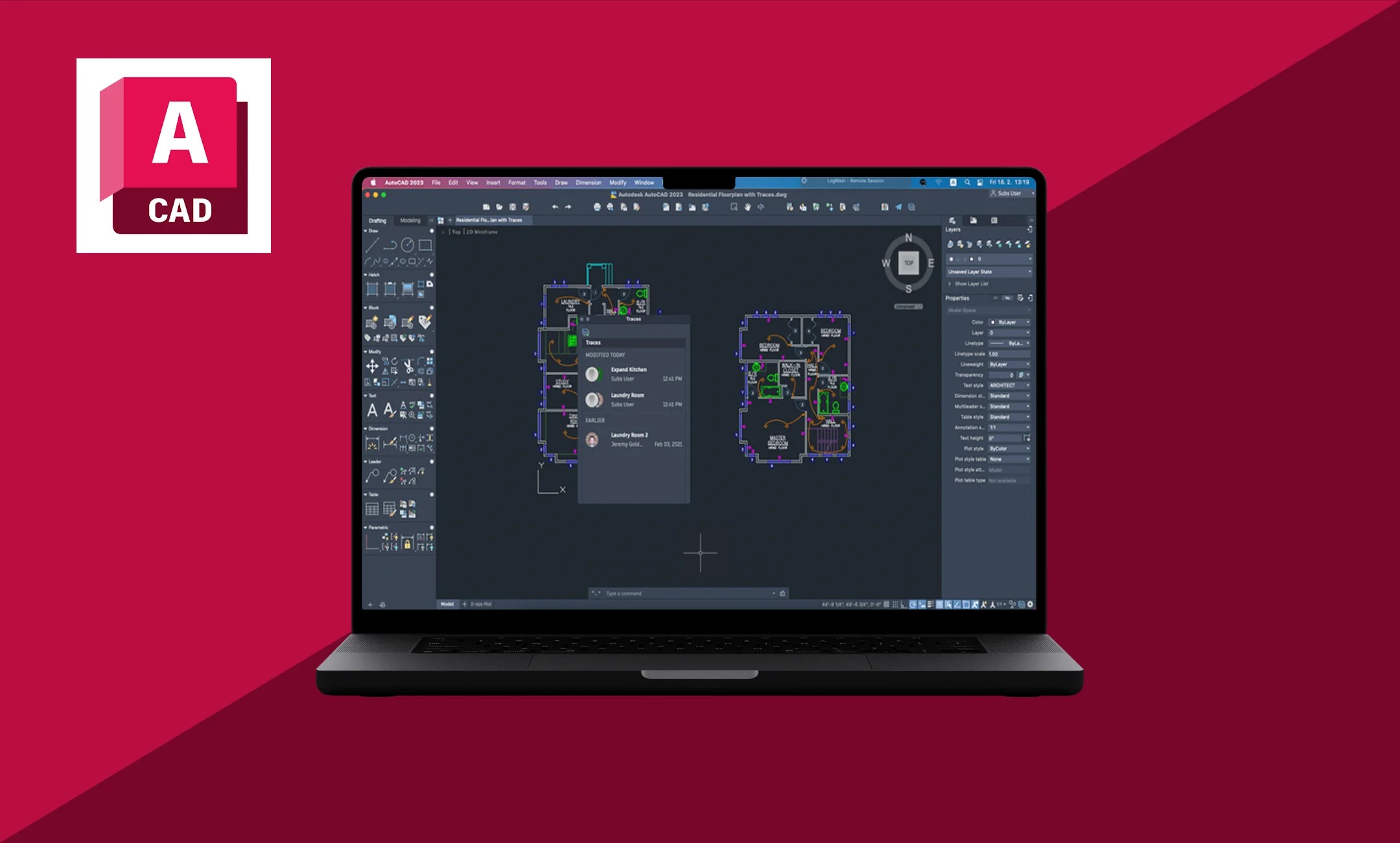
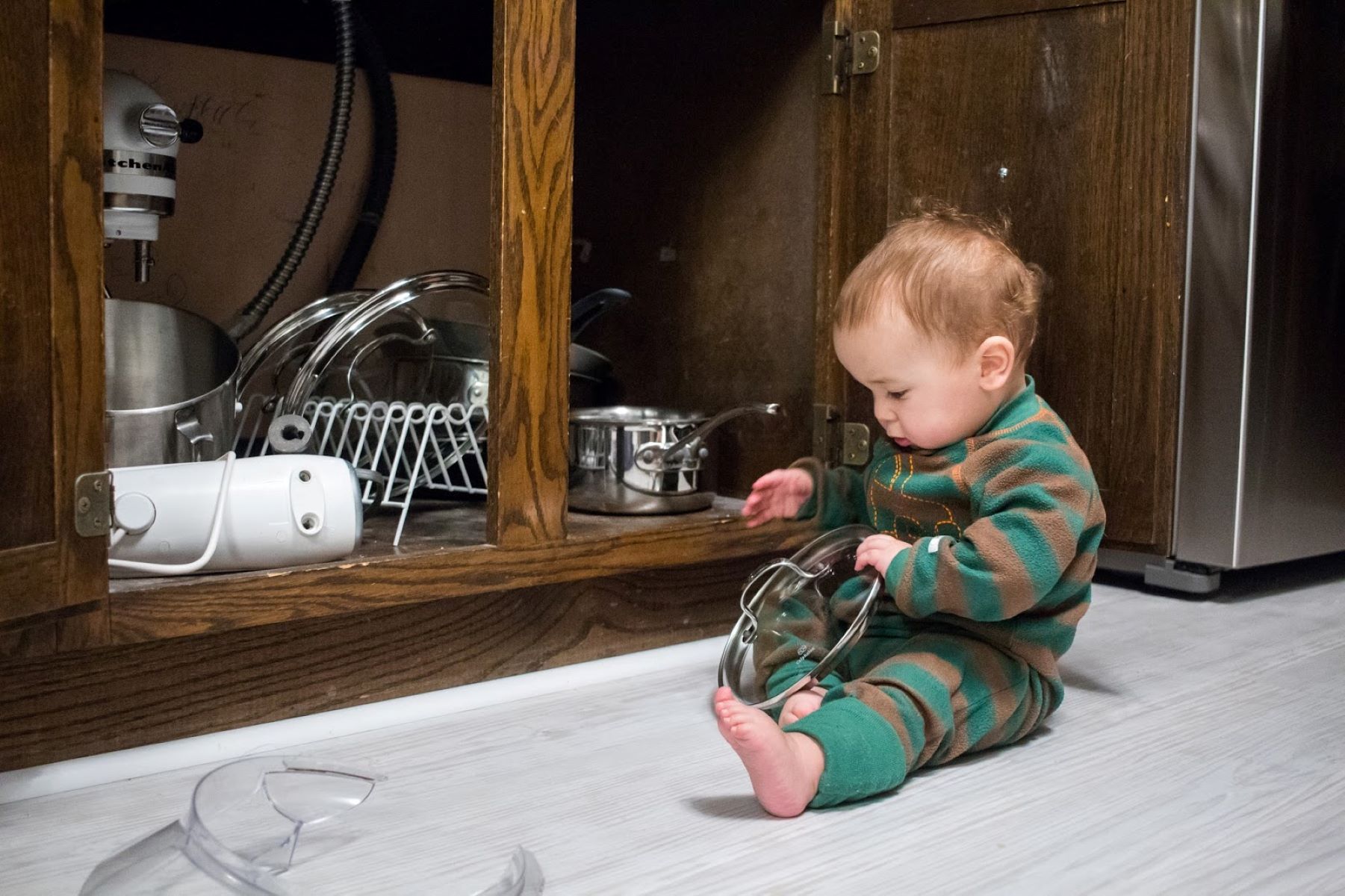
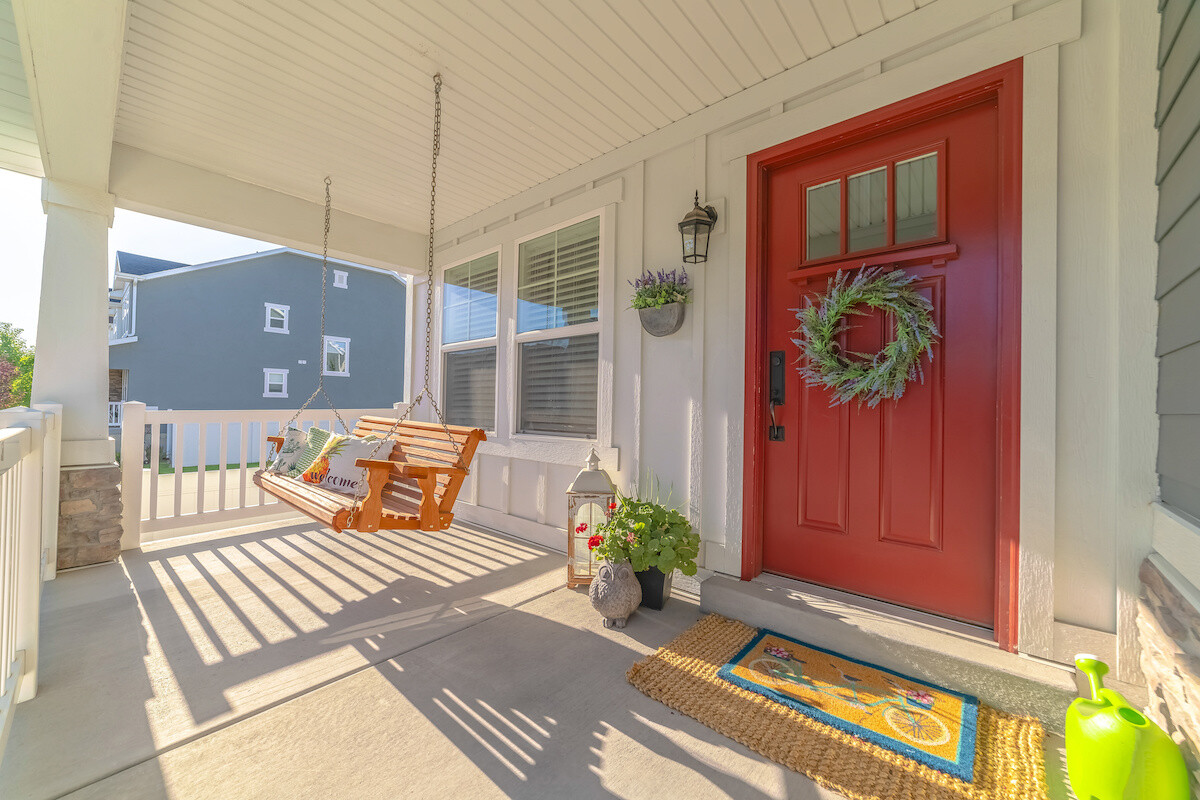
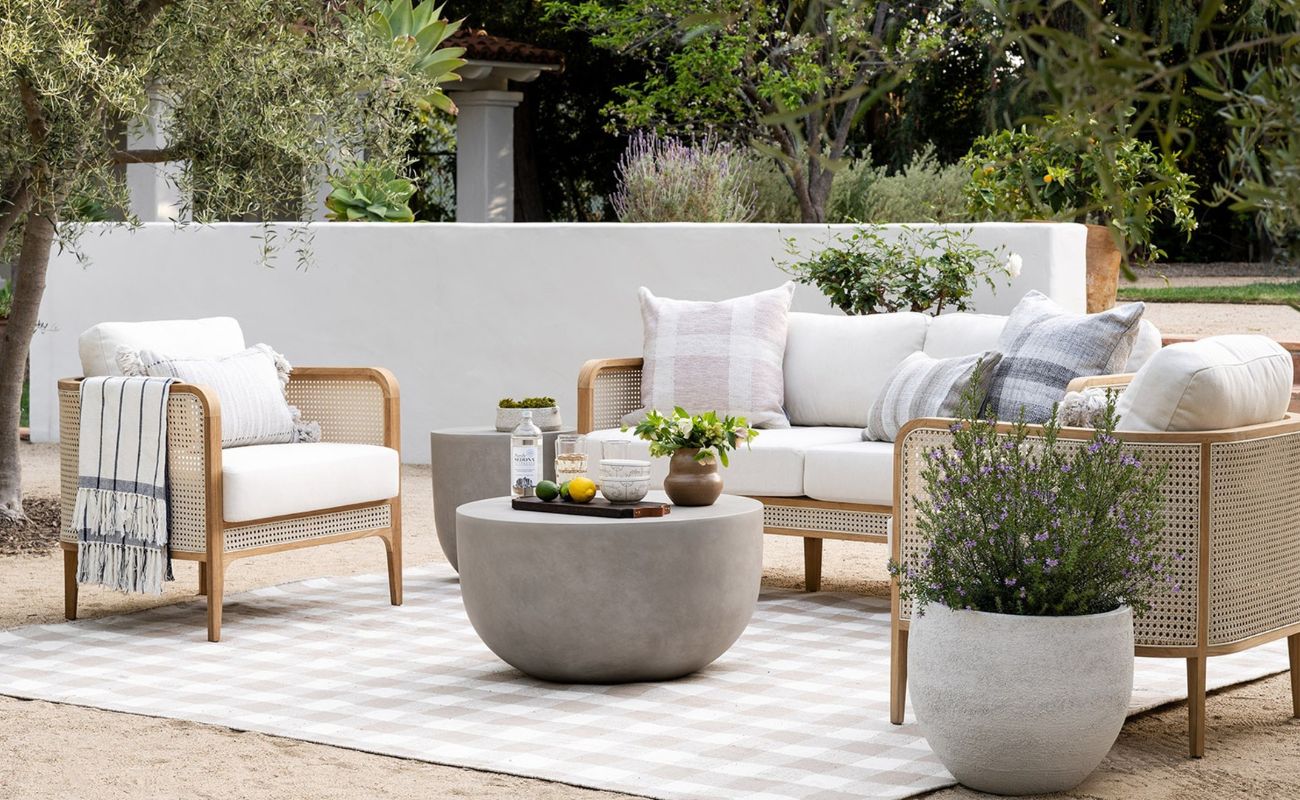


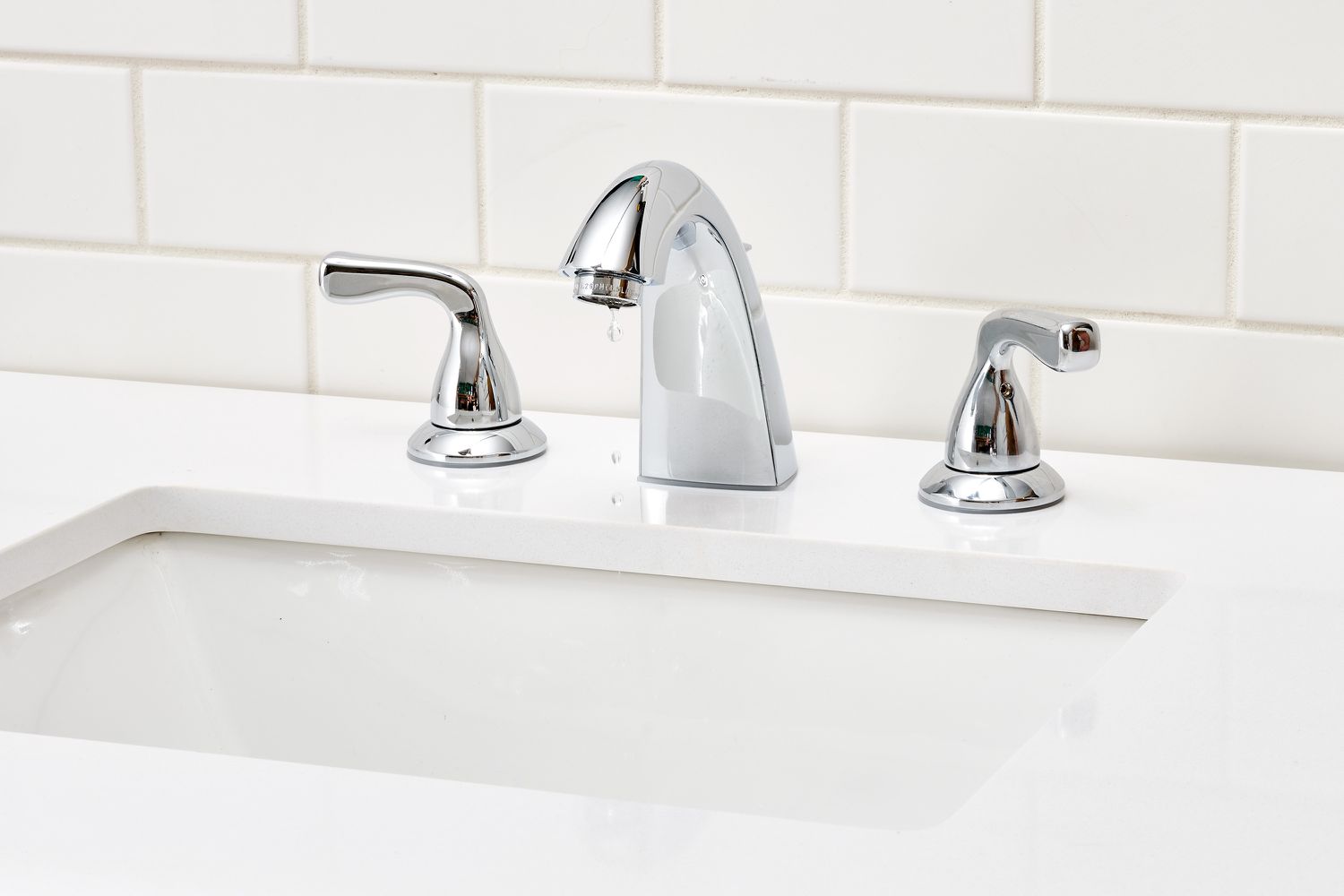


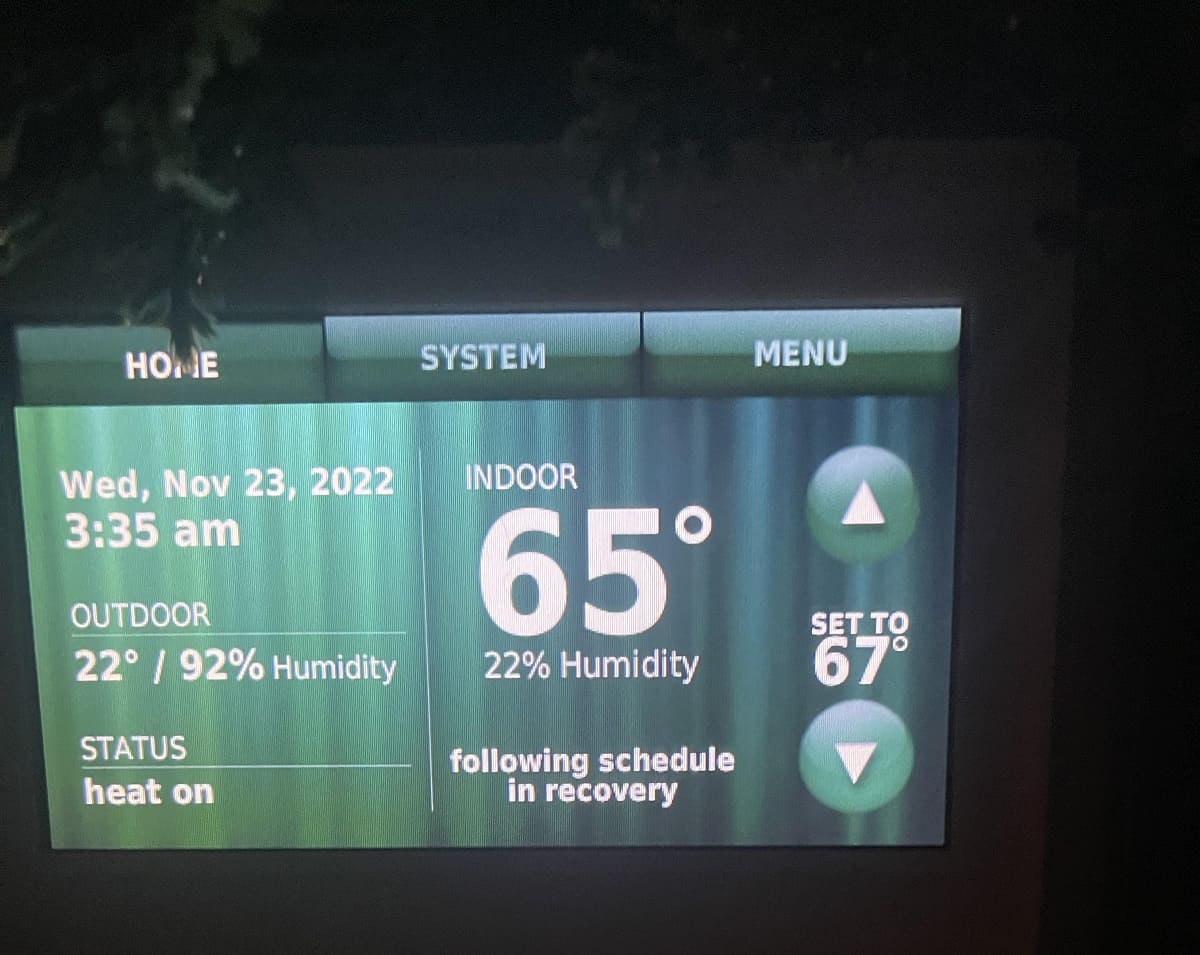

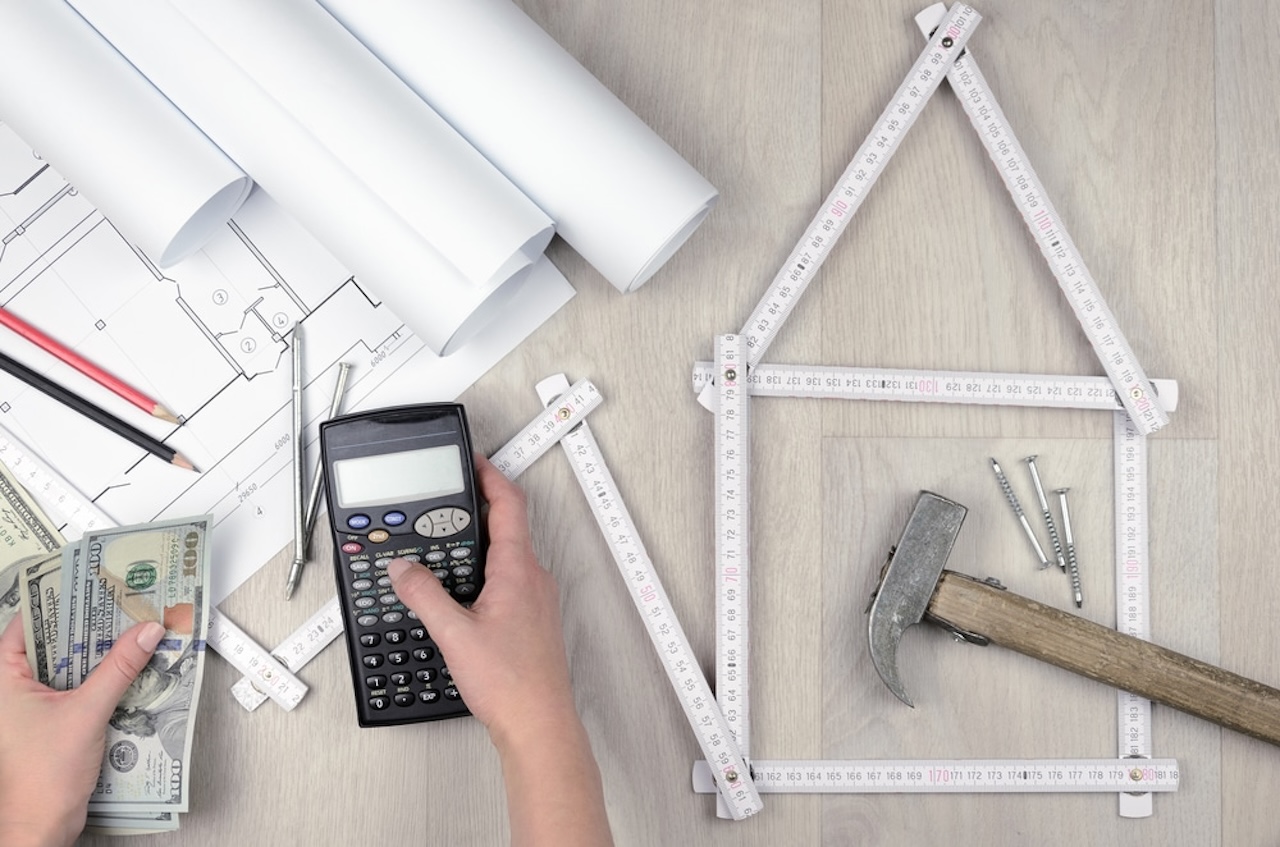

0 thoughts on “What Does En Suite Mean?”